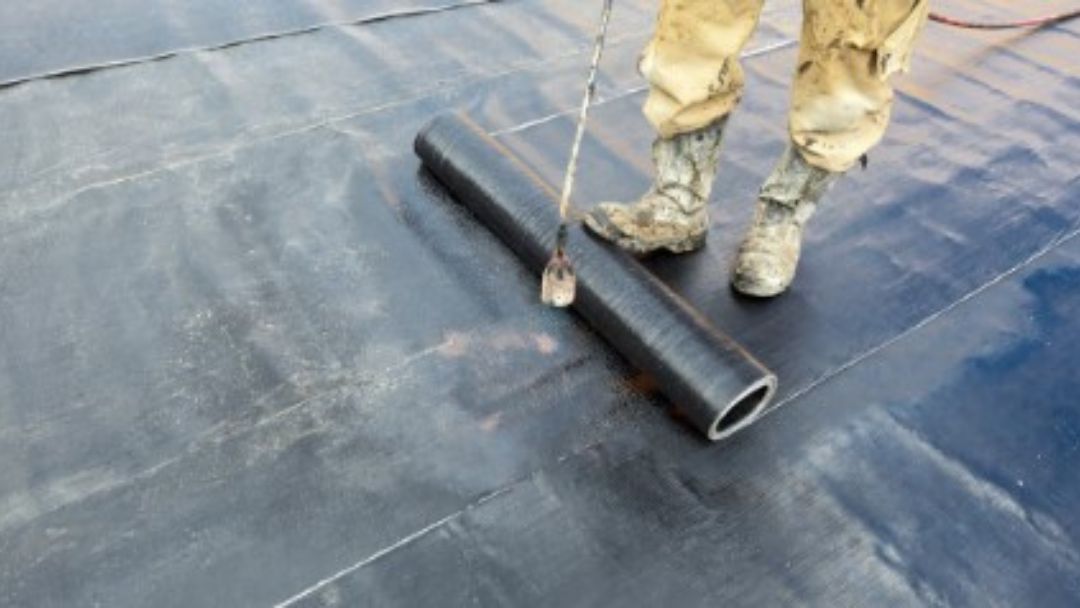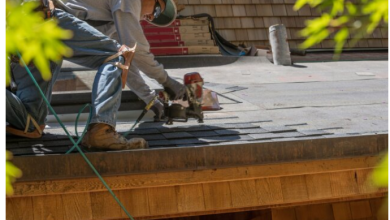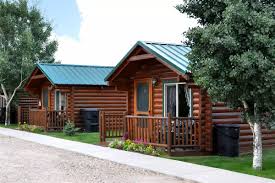The unpredictable weather patterns in Chicago, IL, make it essential to invest in a reliable water-repellent solution for your industrial or commercial complex. Water repellents are an integral part of maintaining the structural integrity and aesthetic appeal of your building. They play a critical role in preventing moisture infiltration, mold growth, and structural damage. With numerous options available in the market, it’s essential to choose the right water repellent that suits your specific needs.
Why Water Repellents Matter
Water repellents In Chicago are designed to prevent the penetration of water into the porous surfaces of your building. This is especially crucial in Chicago, where heavy rain, snow, and temperature fluctuations can take a toll on your property. Choosing the right water repellent can help you maintain the integrity of your building, extend its lifespan, and reduce long-term maintenance costs.
Factors to Consider When Choosing a Water Repellent
1. Surface Compatibility
Before selecting a water repellent, it’s crucial to consider the type of surface you intend to treat. Different surfaces, such as brick, concrete, wood, and metal, may require specific types of water repellents. Ensure that the product you choose is compatible with the surface material of your building.
2. Performance
The primary function of a water repellent is to repel water effectively. Evaluate the product’s performance by checking its water repellency rating and how it performs under various weather conditions. Look for a water-repellent that can provide long-lasting protection against moisture.
<iframe src=”https://www.google.com/maps/embed?pb=!1m18!1m12!1m3!1d2971.0907927869!2d-87.700623!3d41.869392999999995!2m3!1f0!2f0!3f0!3m2!1i1024!2i768!4f13.1!3m3!1m2!1s0x880e329daa8e996f%3A0x7d255b0696d014cd!2sWindward%20Roofing%20%26%20Construction!5e0!3m2!1sen!2sbd!4v1697609763291!5m2!1sen!2sbd” width=”600″ height=”450″ style=”border:0;” allowfullscreen=”” loading=”lazy” referrerpolicy=”no-referrer-when-downgrade”></iframe>
3. Breathability
While keeping water out is essential, it’s equally important to allow the structure to breathe. Water vapor should be able to escape from the building materials to prevent issues like mold and mildew. A quality water repellent should strike a balance between repelling water and allowing the release of trapped moisture.
4. UV Resistance
Chicago experiences a wide range of weather conditions, including intense sunlight. UV resistance is essential to prevent the degradation of the water repellent over time. Ensure that the product you choose can withstand prolonged sun exposure without losing its effectiveness.
5. Environmental Impact
Consider the environmental impact of the water repellent you choose. Environmentally-friendly options are available, and selecting these products can contribute to your building’s sustainability and reduce your ecological footprint.
6. Longevity
Investing in a water repellent that provides long-term protection is cost-effective in the long run. Assess the expected lifespan of the product and whether it requires frequent reapplication.
FAQ
Q: How often should a water repellent be reapplied?
A: The frequency of reapplication depends on the specific product you choose. Some water repellents provide long-term protection and may only need reapplication every few years, while others may require more frequent maintenance. It’s essential to follow the manufacturer’s recommendations for reapplication.
Q: Can I apply a water repellent myself, or should I hire a professional?
A: While some water-repellent products are designed for DIY application, it’s often best to hire a professional, especially for larger commercial or industrial buildings. Professionals have the expertise and equipment to ensure proper and even application.
Q: Are there water-repellent products that are environmentally friendly?
A: Yes, many water-repellent products are formulated to be environmentally friendly. Look for products that have low VOC (volatile organic compounds) content and are designed to minimize their impact on the environment.
Q: What is the cost range for water-repellent products?
A: The cost of water-repellent products can vary widely depending on factors such as the type of product, the surface area to be treated, and the manufacturer. It’s advisable to get quotes from reputable suppliers and contractors to determine the specific cost for your project.
Q: Can water repellents be used on historic buildings?
A: Yes, water repellents can be used on historic buildings to protect them from moisture damage. However, it’s crucial to choose a product that is compatible with historic materials and consult with preservation experts to ensure that the application does not harm the building’s historical integrity.
Q: Are there government regulations regarding the use of water repellents?
A: Regulations regarding the use of water repellents may vary by location. It’s essential to check with local authorities and building codes to ensure compliance with any relevant regulations.
Q: What is the role of breathability in water repellents?
A: Breathability in water repellents allows trapped moisture within building materials to escape. This prevents issues like mold and mildew and helps maintain the structural integrity of the building.
Q: How do I know if my building needs a water repellent?
A: If your building experiences moisture-related issues, such as water infiltration, mold growth, or deteriorating building materials, it may be a sign that it needs a water repellent. Consult with a professional to assess your specific situation and determine if a water repellent is necessary.
Conclusion
Choosing the right water repellent is crucial for protecting your industrial or commercial complex in Chicago, IL, from the elements. The factors to consider include surface compatibility, performance, breathability, UV resistance, environmental impact, longevity, manufacturer reputation, and maintenance requirements. By taking these factors into account, you can make an informed decision that will safeguard your property and reduce long-term maintenance costs.
At Windward Roofing & Construction, we understand the importance of selecting the right water repellent for your building. Our experience in the roofing and construction industry, combined with our partnership with leading manufacturers, makes us a trusted source for high-quality water-repellent solutions.





